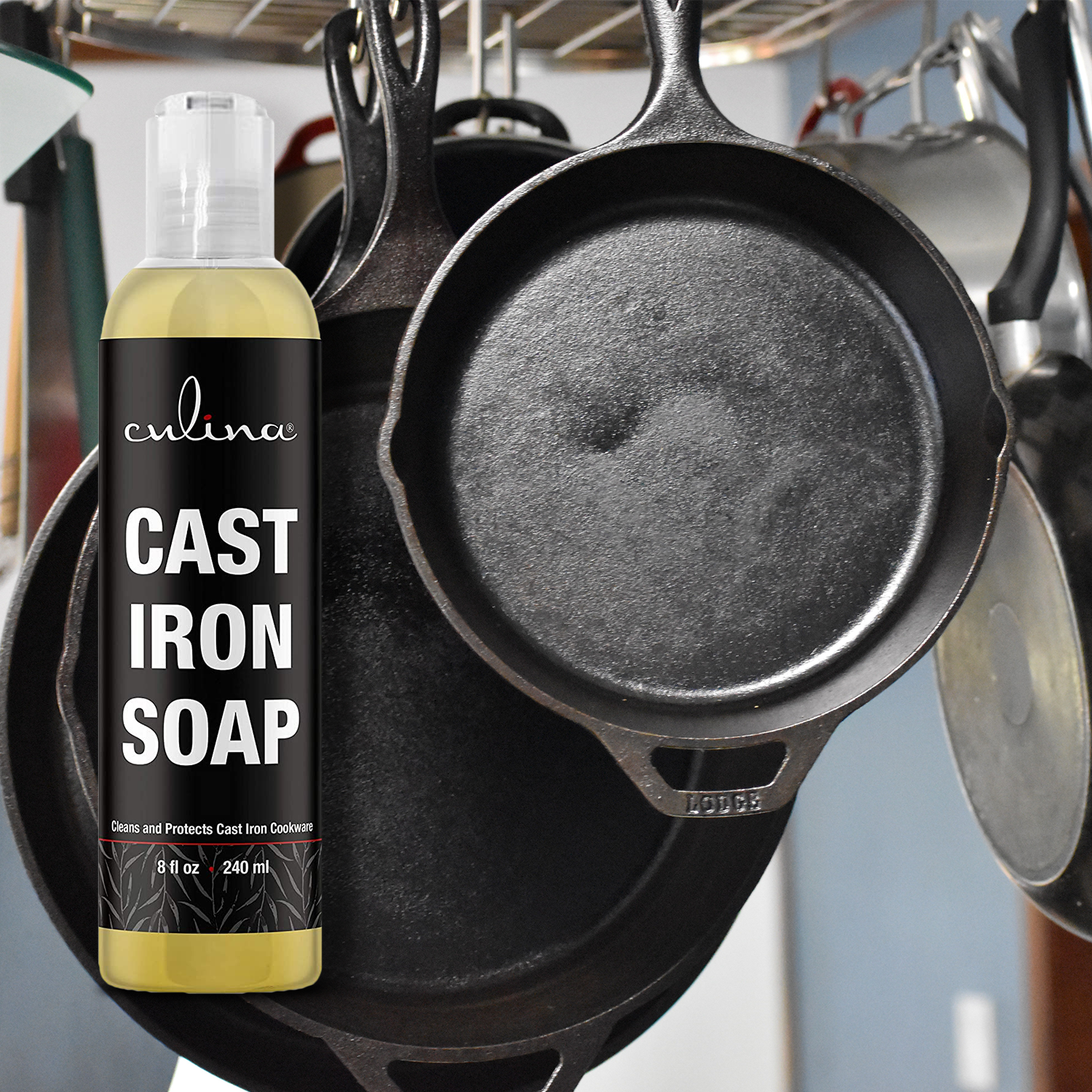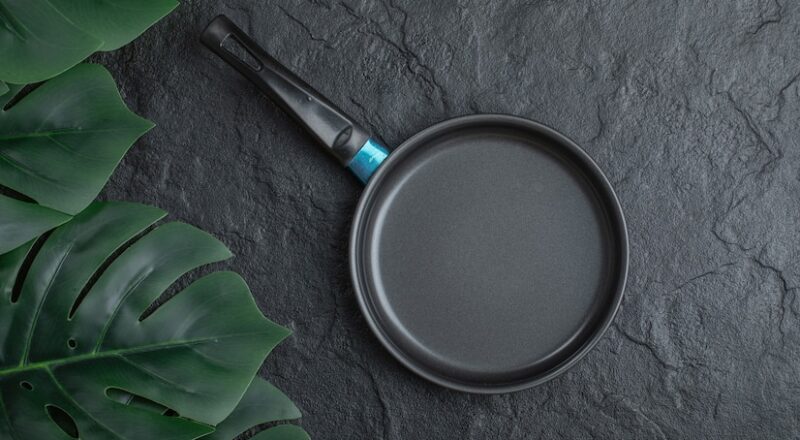
Introduction to Cast Iron Skillets
Owning a cast iron skillet is like having a prized possession in your kitchen. It’s not just any cooking utensil; it’s a versatile tool that can last for generations if maintained properly. But do you know how to keep your cast iron skillet in pristine condition?
Proper care is crucial from the get-go. Right after you purchase your skilletor if you’ve inherited oneits essential to understand the basics of how to maintain cast iron skillet. In this article, we will provide step-by-step guidance on keeping your cast iron skillet as good as new.

Why Choose a Cast Iron Skillet?
Before diving into maintenance tips, lets talk about why a cast iron skillet is worth your attention.
- Longevity: A well-maintained cast iron skillet can last for decades.
- Versatility: It can be used for multiple cooking methods like frying, baking, and sauting.
- Non-stick Surface: When seasoned properly, it develops a natural non-stick coating.
- Health Benefits: Cooking in cast iron can add iron to your diet.

Initial Seasoning
If youve just bought a new skillet or received a hand-me-down, the first step is seasoning it. Seasoning creates a protective layer that leads to a non-stick surface.
Steps to Season Your Skillet
- Clean the Skillet: Use warm water and mild soap initially.
- Dry Completely: Ensure the skillet is thoroughly dry to prevent rust.
- Apply Oil: Rub vegetable oil or another high-smoke point oil all over the skillet, including the handle.
- Heat It Up: Place it upside down in the oven at 375F for about an hour. Place a sheet of aluminum foil on the lower rack to catch any drips.

Cleaning After Each Use
How you clean your skillet can make or break its longevity. Regular maintenance is vital for keeping its non-stick properties intact.
Basic Cleaning Steps
For everyday cleaning:
- Wash with Hot Water: Avoid soap as it can strip the seasoning.
- Scrape Off Residue: Use a plastic scraper or brush to remove food particles.
- Dry Completely: Dry it immediately to avoid rust.
- Apply a Thin Layer of Oil: Lightly oil the skillet to maintain its seasoning.
For stubborn residues, check out our detailed guide on after-use cleaning techniques.
Deep Cleaning Methods
Occasionally, your skillet might need a more thorough cleaning.
Salt Scrubbing
This is a gentle way to remove stuck-on food.
- Add Kosher Salt: Pour a generous amount of salt into the skillet.
- Scrub: Use a paper towel to scrub the salt all over the skillet.
- Rinse and Dry: Rinse with hot water and dry completely.
Boiling Water
- Add Water: Pour some water into the skillet and heat it.
- Boil: Let the water boil, which loosens food particles.
- Scrape: Use a plastic scraper to remove any remaining bits.
Storing Your Cast Iron Skillet
Storing methods are as important as cleaning. Ensure your skillet is completely dry before storing to prevent rust. Store it in a dry place, and consider placing a paper towel between stacked skillets to protect the seasoning.
Handling Rust
Rust can occur due to improper maintenance, but its not the end of your skillets life.
Steps to Remove Rust
- Scrub with Steel Wool: Remove rust thoroughly.
- Clean: Wash with hot water and mild soap.
- Re-season: Follow the seasoning steps mentioned above.
Tips for Maintaining the Non-stick Surface
Maintaining a non-stick surface is all about regular care.
- Avoid Metal Utensils: Use wooden or silicone utensils to prevent scratching.
- Re-season Occasionally: Periodically re-season your skillet to maintain its non-stick properties.
- Cook Regularly: Cooking with fat often helps maintain the non-stick surface.
Using Your Skillet for Different Cooking Methods
Your cast iron skillet is incredibly versatile. From stovetop to oven, and even over a campfire, here are some methods to make the most of your skillet:
Frying
Cast iron skillets excel at frying. The high heat retention ensures even cooking.
Baking
You can bake perfect cornbread, pies, and more. The skillets heat retention ensures even baking.
Grilling
Skillets can be used for grilling meat and vegetables. The results are juicy and well-seasoned dishes.
Importance of Regular Use
Using your cast iron skillet frequently helps maintain its seasoning. The more you cook, the better the skillet becomes.
FAQs about Maintaining Cast Iron Skillets
How often should I re-season my cast iron skillet?
It depends on the frequency of use. If used daily, aim for at least once a month.
Can I use soap on my cast iron skillet?
Avoid using soap as it can strip away the seasoning. If necessary, use mild soap sparingly.
What oils are best for seasoning?
Vegetable oil, flaxseed oil, and canola oil are popular choices.
Conclusion
Maintaining your cast iron skillet doesnt have to be daunting. With the right methods and regular care, your skillet can last for generations. Keep it seasoned, cleaned, and dry for the best results. For more tips and accessory suggestions, visit our accessories page and learn from the comprehensive guides on caring for cast iron cookware.
For further reading, check out this helpful guide on seasoning and cleaning cast iron.
As an Amazon Associate, I earn from qualifying purchases.

